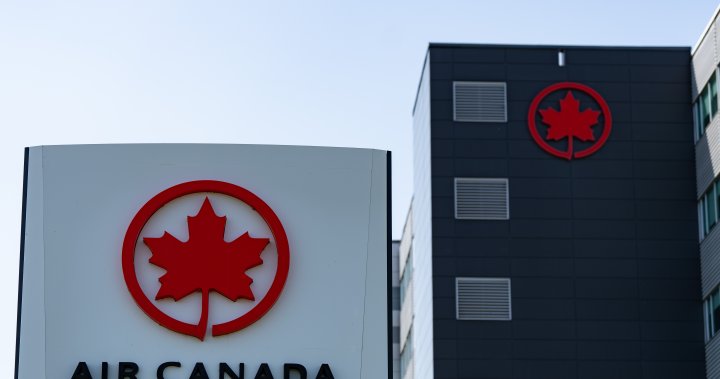The U.S. Department of Transportation fined Air Canada $250,000 for operating flights in prohibited Iraqi airspace in 2022 and 2023. These flights had United Airlines’ designator code, giving the agency jurisdiction. The violations occurred on flights between the UAE and Toronto in airspace banned by the FAA due to the complex security environment in Iraq. Air Canada must pay $125,000 now and another $125,000 if it violates the order again within a year. The airline stopped codesharing with United on this route in January 2023 to prevent further incidents.
Air Canada stated that the incidents were brief, unplanned, and inadvertent, citing air traffic control restrictions and a switch to a larger aircraft that needed more altitude. The carrier maintains that safety was not compromised and has taken measures to prevent similar occurrences in the future. This fine follows Emirates’ $1.5 million penalty in June for operating flights with JetBlue Airways’ code over Iraqi airspace. It was the second time Emirates had been fined since 2020, indicating a pattern of not adhering to airspace regulations.
The FAA’s ban on flights over Iraq is due to the security risks present in the region. Despite warnings and restrictions, Air Canada and Emirates violated these regulations, leading to significant fines from the U.S. Department of Transportation. Both airlines have faced monetary penalties for operating in prohibited airspace, demonstrating the importance of compliance with aviation safety measures. Airspace violations can pose serious threats to passenger safety and aviation security, underscoring the need for strict enforcement of regulations and penalties for non-compliance.
Air Canada’s violation of airspace regulations highlights the challenges faced by airlines in navigating complex security environments. The airline cited several factors contributing to the incidents, including air traffic control restrictions and aircraft performance issues. While Air Canada maintains that safety was not compromised, the FAA and Transportation Department deemed the violations serious enough to warrant a substantial fine. The airline’s commitment to preventing future incidents is crucial in maintaining aviation safety standards and avoiding further penalties.
Emirates’ repeated fines for operating flights in prohibited airspace suggest a pattern of non-compliance with aviation regulations. The $1.5 million penalty imposed in June reflects the seriousness of violating airspace restrictions and the potential risks involved. This violation, along with previous fines, underscores the need for airlines to prioritize safety and adhere to airspace regulations to avoid penalties and ensure passenger security. Compliance with FAA regulations and international airspace restrictions is essential for airlines to operate safely and maintain a positive safety record.
In conclusion, the fines imposed on Air Canada and Emirates for operating flights in prohibited airspace underscore the importance of compliance with aviation safety regulations. The penalties serve as a reminder to airlines of the serious consequences of violating airspace restrictions and the potential risks to passenger safety. Airlines must prioritize safety, adhere to FAA regulations, and implement measures to prevent airspace violations in order to maintain a strong safety record and avoid penalties. The U.S. Department of Transportation’s enforcement actions highlight the significance of aviation safety and the need for strict adherence to airspace regulations to ensure the safety and security of air travel.


